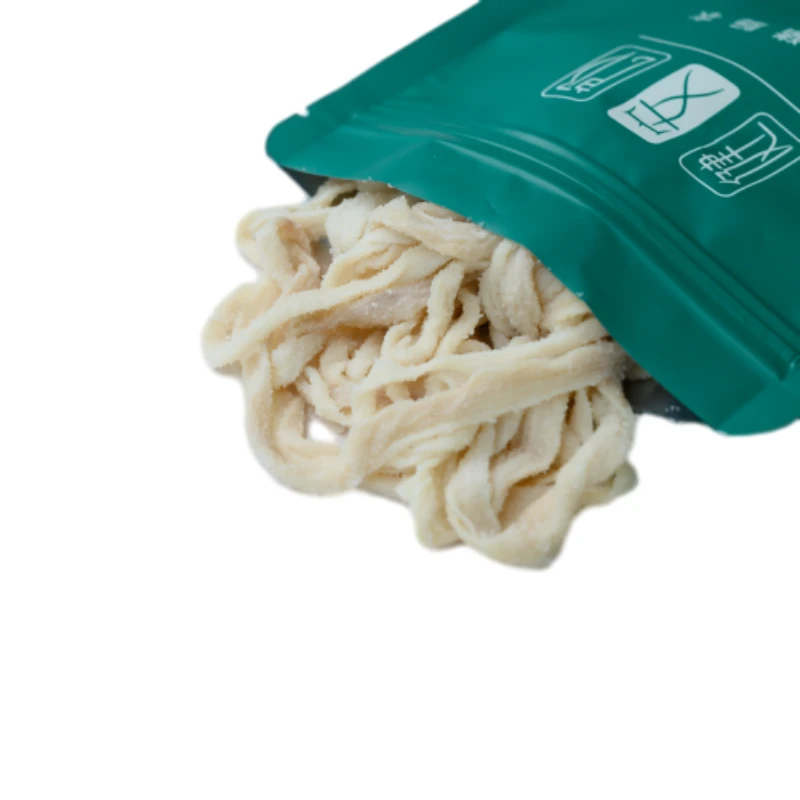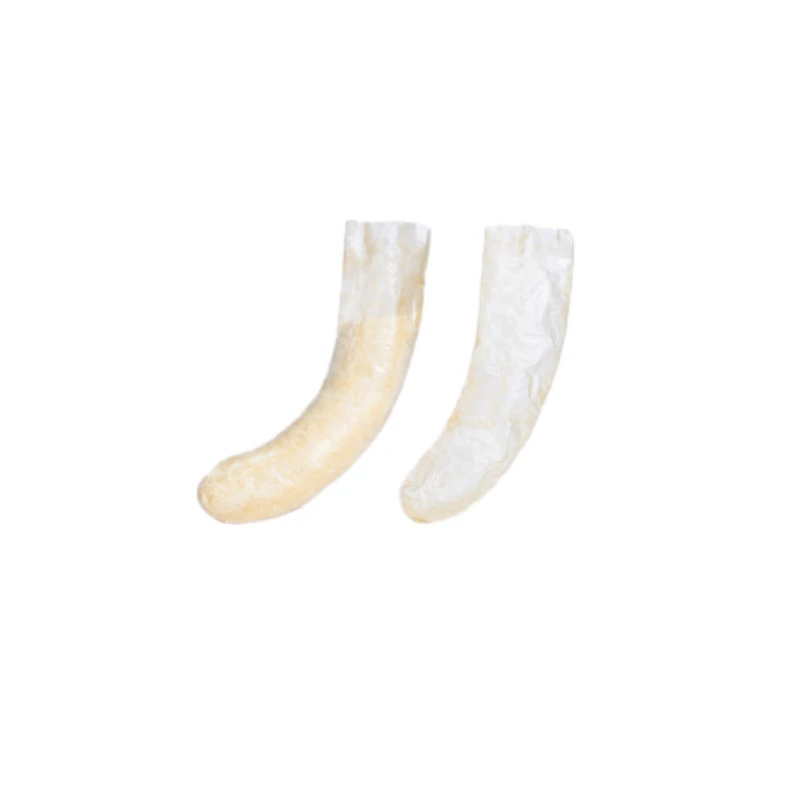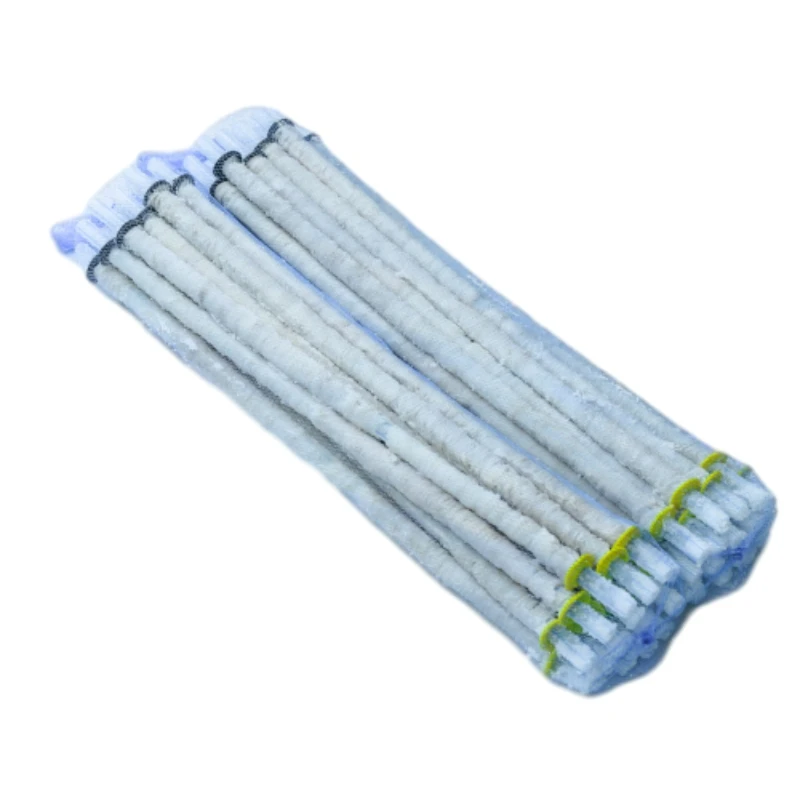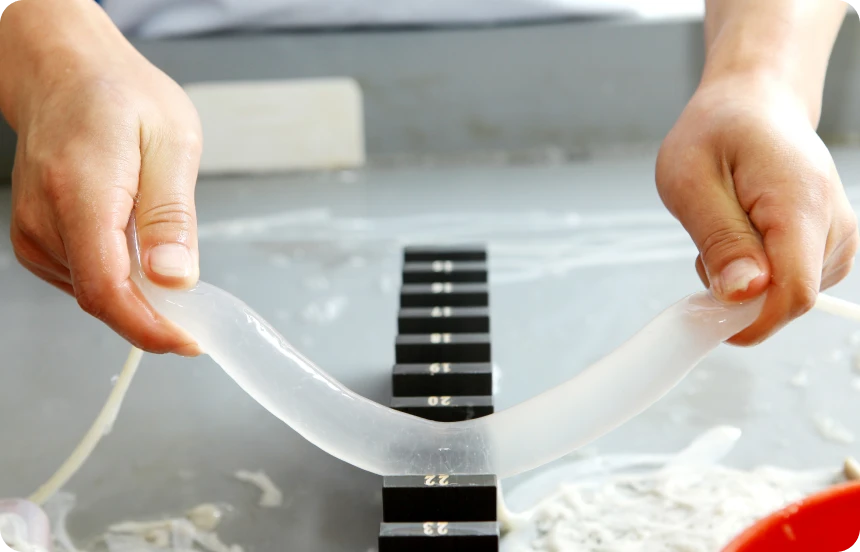May . 07, 2025 14:49
The Eco-Friendly Profile of Sheep Casings
In an age of increasing environmental awareness across all sectors of food production, sheep casings stand out as a remarkably sustainable option in the world of sausage making. These natural byproducts of sheep farming represent one of the oldest examples of circular economy principles in food processing, transforming what would otherwise be waste material into a valuable culinary resource.
The ecological advantages of sheep casings extend throughout their entire lifecycle - from farm to processing facility to final use in sausage production - offering a compelling case for their continued use in an environmentally - conscious marketplace.
Environmentally - Friendly Processing Methods
The processing of sheep casings into usable sausage containers demonstrates another layer of environmental advantage. Traditional preparation methods rely primarily on physical cleaning and salt curing - techniques that require far less energy and generate fewer harmful byproducts than the industrial processes needed to manufacture artificial casings.
The primary inputs are water and salt, both naturally occurring substances that can be managed responsibly. Modern casing processors have refined these traditional methods to reduce water usage through recirculation systems and have implemented salt recovery techniques that minimize waste. These innovations maintain the quality of the casings while further reducing the environmental footprint of their production.
Efficient Water Management in Casing Processing
Water management in sheep casing processing deserves particular attention from an ecological perspective. While the cleaning process does require significant water use, leading facilities now employ advanced water treatment systems that allow for multiple reuse cycles. Biological filtration methods break down organic matter from the cleaning process, resulting in water clean enough to be safely returned to natural systems or reused in subsequent production cycles. This closed - loop approach to water usage stands in stark contrast to the pollution often associated with synthetic material production, where chemical byproducts can pose greater challenges for water treatment.
The Ecological Role of Salt in Casing Preservation
The salt used in preserving sheep casings presents another interesting ecological dimension. High - quality sea salt, often sourced from sustainable solar evaporation operations, serves as the primary preservative. Unlike chemical preservatives used in some food applications, this natural mineral leaves no synthetic residues and can actually be recovered and reused through specialized processes at some facilities. The salt also serves to stabilize the casings without refrigeration during transport in many cases, reducing the energy costs associated with cold chain logistics for certain product types.
Biodegradability: A Key Environmental Advantage
The biodegradability of sheep casings forms one of their most significant environmental advantages. Unlike plastic - based casings that may persist in the environment for centuries, natural sheep casings will completely break down under normal composting conditions. This characteristic proves particularly valuable as municipalities and consumers increasingly focus on reducing persistent packaging waste. Even when disposed of improperly, sheep casings pose minimal long - term environmental risk compared to synthetic alternatives. Their organic nature means they return to the biological cycle without leaving microplastic residues or other persistent contaminants.
Ultimately, the ecological advantages of sheep casings stem from their fundamental nature as a minimally processed, fully biodegradable byproduct of existing agricultural systems. Their use exemplifies how traditional food wisdom often anticipated modern sustainability principles, making efficient use of all available resources.
For sausage makers seeking to reduce their environmental impact without compromising quality, sheep casings offer a solution that satisfies both culinary and ecological requirements - a rare combination in today's complex food landscape. As the food industry grapples with its environmental responsibilities, the sheep casing stands as proof that some of the most sustainable solutions may come not from high - tech innovations, but from perfecting and respecting traditional methods that have stood the test of time.






